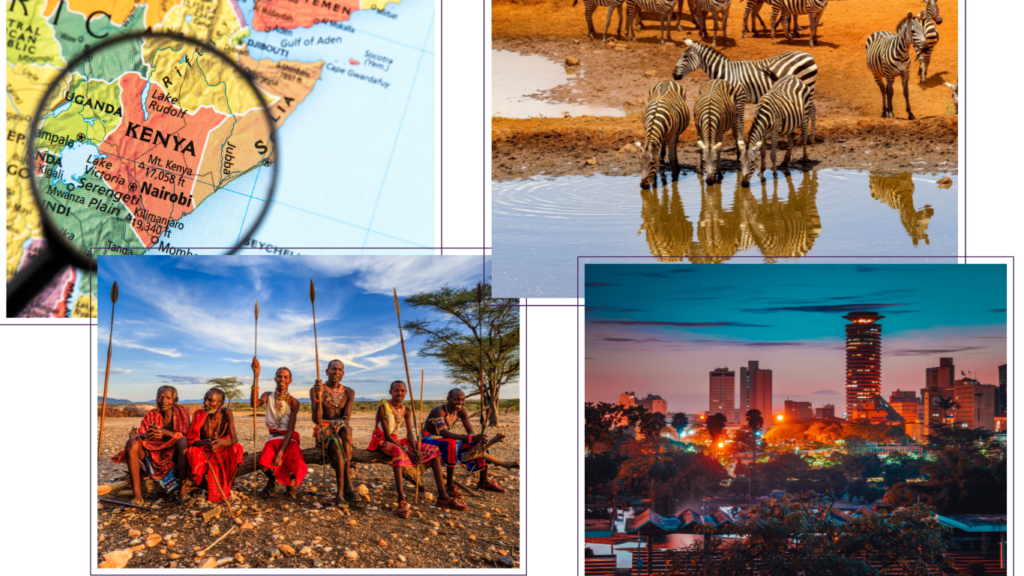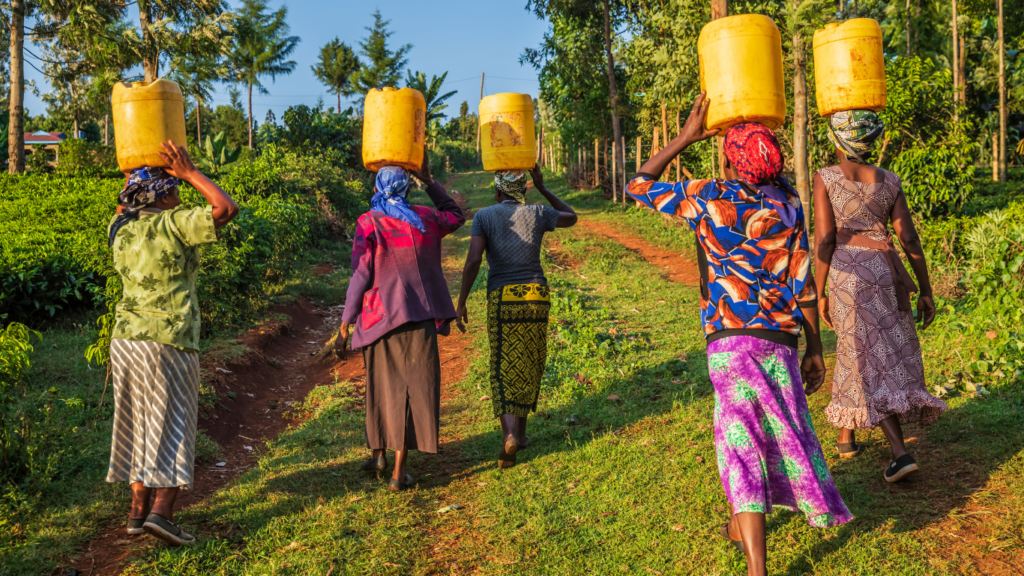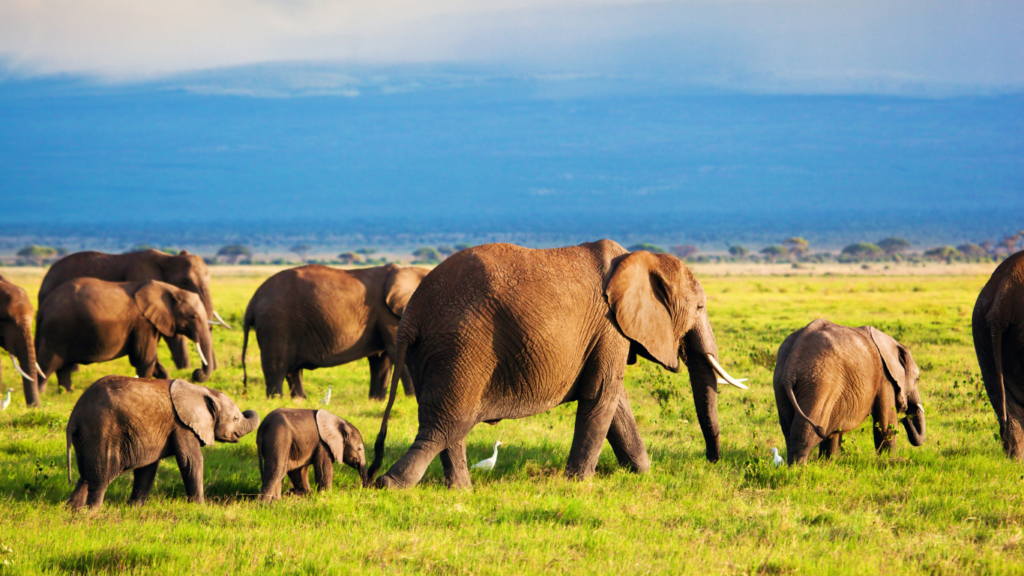Surrogacy Insights
In Kenya, there are currently no laws explicitly prohibiting or permitting surrogacy. However, lawmakers introduced bills aiming to regulate surrogacy in 2014 and 2016, but they have yet to approve them.
AMN & 2 others v Attorney General, et al
Regarding surrogacy arrangements, a significant legal ruling occurred in 2015 when the High Court of Nairobi addressed a petition (Milimani Law Courts – Petition 442 of 2014). The court ruled that, in surrogacy cases, the surrogate mother must be registered as the legal mother of the child until legal proceedings transfer parenthood to the intended parents.
In that case, Z was a surrogate and delivered twins for X and Y. The hospital initially registered X and Y as the parents based on legal advice from the Attorney General. However, complications arose when UK immigration officials refused to accept the birth certificate stating it contained inaccurate information. X and Y could not be recognized as legal parents due to Kenya’s absence of surrogacy laws permitting this action. The intended parents petitioned the High Court of Nairobi for relief.
Court Ruling
The court agreed that the birth certificate should be issued in the name of the surrogate and intended father. Considering the child’s best interests, along with the years of infertility treatments and significant financial investments made by the applicants, the court ordered the adoption process to be fast-tracked for the intended mother.
Furthermore, the court ordered the Attorney General to expedite the enactment of legislation to address surrogacy arrangements in Kenya.
Gay Surrogacy in Kenya
Surrogacy in Kenya is currently restricted to heterosexual intended parents. Since 2010, the Kenyan Constitution has banned same-sex marriage, and the state does not recognize any relationships between persons of the same sex.
While the surrogacy industry in Kenya is still relatively small, it is gradually expanding.

Future Legal Developments
2015
The High Court of Nairobi instructed the Attorney General to expedite the enactment of legislation to address surrogacy arrangements.
2016
Various bills were presented for a vote but failed to progress.
2022-2023
The Proposed Assisted Reproductive Technology Bill (2022) will prohibit commercial surrogacy but does allow the surrogate to receive reimbursement for reasonable expenses. Additionally, it stipulates that the surrogate’s name must appear on the original birth certificate. Intended parents can acquire parental rights by completing an adoption process.
The Kenya National Commission on Human Rights reviewed the Bill in August 2023 and made several recommendations. However, the Bill failed to become law. A new version of the Bill is now being presented for consideration.



